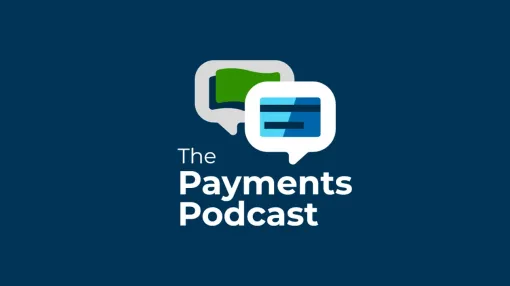Payment Processing
2023 Business Payments Barometer
The results are in! Every year we interview 1,600 finance professionals across North America and Great Britain to gauge the biggest payment trends and priorities. Our eighth annual Business Payments Barometer is packed with valuable insights for businesses of every size.
Highlights from this year’s report
We reveal:
- Influences driving change
- Shifts in payment frauds
- Managing cash and liquidity
- Adopting new payment technologies
- 12-month priorities for finance teams
- Preparing for new payment initiatives
- Are you a business looking to benchmark your payments processes?
- Are you a bank looking to better service your customers?
Share
Related Resources
Payments Connectivity & Compliance
Securely communicate financial transactions within and between businesses, globally and locally, while easily managing payment compliance and mitigating risk.


